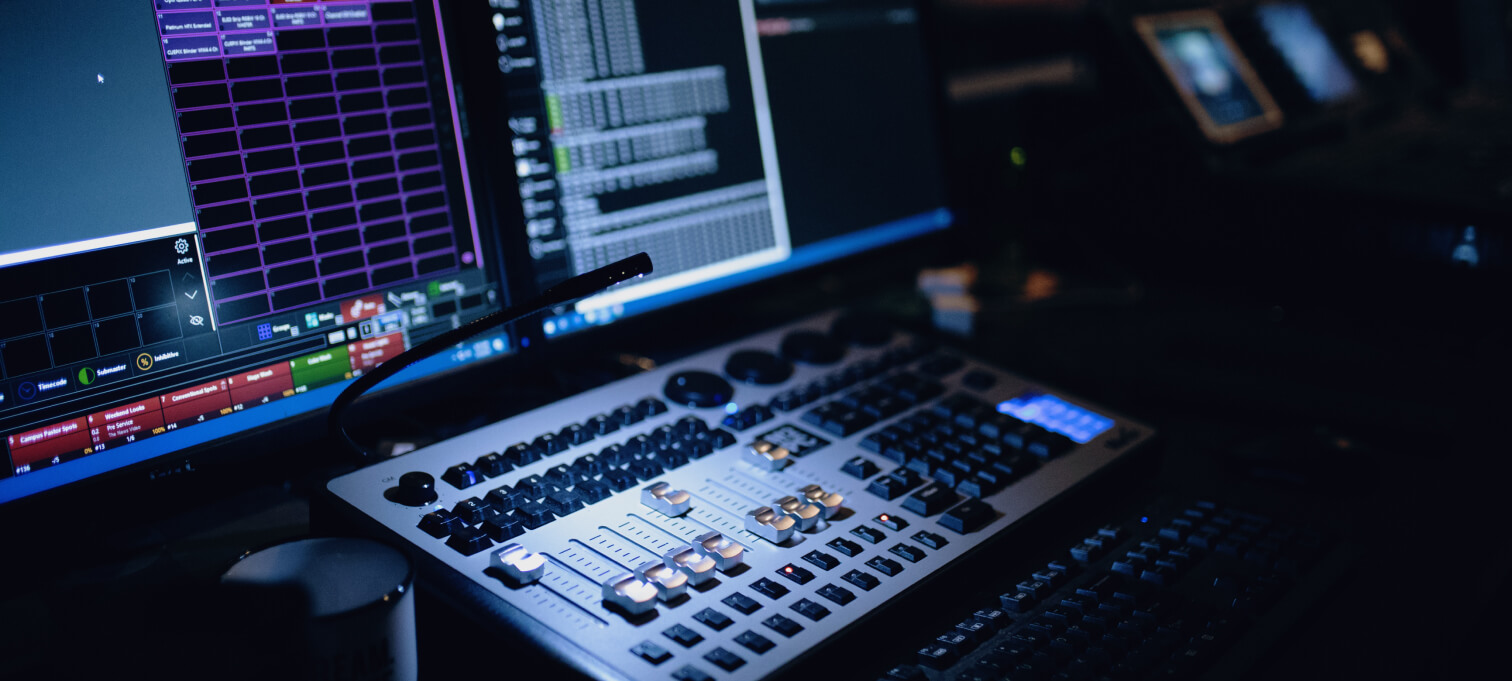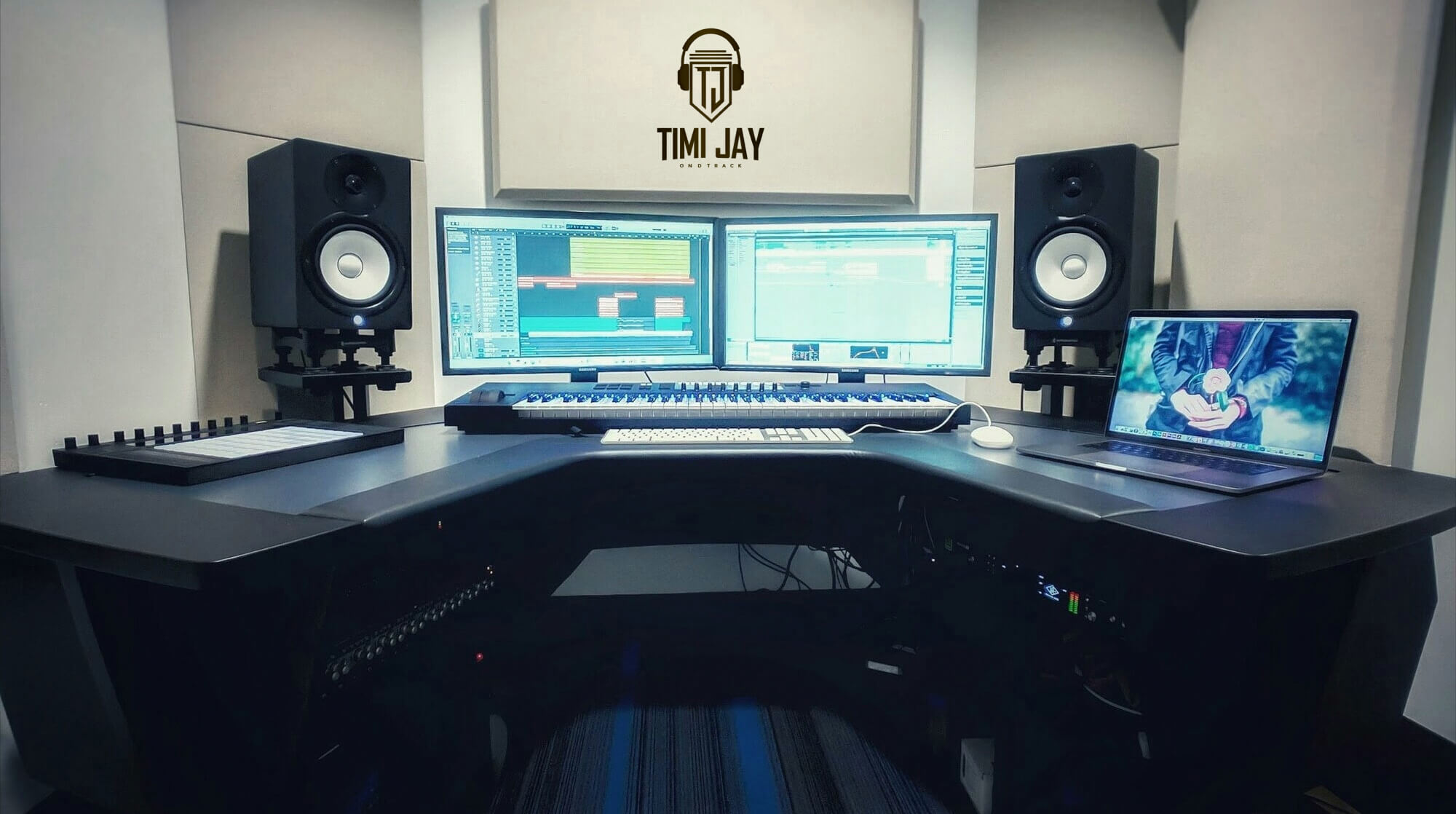Lately, Nigerian music and Afrobeats, in general, have been receiving serious recognition globally for their creativity, style of music, and hard work. A lot of these can be attributed to the quality of our music these days; music producers work tirelessly after recording sessions to make sure that the songs of their artists are well put together and accepted globally.
That’s where mixing and mastering come in. A lot of hit songs we love and vibe to wouldn’t be accepted talk more of being no.1 on music charts and our personal playlists if they weren’t mixed and mastered properly. Yes, there is creativity, artistry, and performance, but try to imagine all of these wrapped up in errors, background noise, and the like; it’s like you eating your favorite food with a ton of sand in it, and while it is no doubt your favorite food, you’re not going to want to eat that.
So yes, mixing and mastering is the crown to a king, the seasoning and spice to party jollof, the wind beneath any artist’s wings, you get the idea (Lol). Now enough of the bragging, it’s time to back up these claims, but first let’s go over what mixing and mastering are.
It’s “TimiJay on the Track.”
Mixing
According to Rory PQ from Icon Collective, “Mixing is the act of combining multiple layers of audio to make one final track”. It is the process of making sure that “all the parts in a song sound good together.” The mixing process can involve: balancing levels, panning, compression, adding effects, and the like.
Mastering
According to izotope, mastering is the process of “taking an audio mix and preparing it for distribution”. There are a number of contributing elements to this process, like “unifying the sound of a record, maintaining consistency across an album, and preparing the track for distribution.”
The aim of mastering is to balance and enhance necessary characteristics, which involve; equalization, limiting, and stereo enhancement, to mention a few.
Now to the big question, Why is mixing and mastering important?
There are so many reasons why mixing and mastering are so important; in fact, it’s safe to say there is no point in distributing your music if you haven’t checked quality mixing and mastering off your list. Here are some reasons why:
Better Sound Quality
Mixing and mastering your tracks helps you achieve better sound quality. This is practically every mixing and mastering engineer’s motto; ensuring that the individual tracks are well-balanced and sit well in the mix, which will certainly result in a more polished and professional sound and essentially make your music stand out.
Consistency
Another benefit and importance is that it helps to achieve consistency across all your tracks. This is especially important if you’re working on an album or an EP. Consistent sound can help to create a more balanced listening experience for your audience, which will lead to more engagement and a stronger connection with your music.
Loudness
In the music industry today, loudness is key. A professionally mixed and mastered track will definitely boost the loudness, ensuring that it sounds great on different playback systems. This is important because if your track is too quiet, it can get lost in the mix, and if it’s too loud, it can distort and damage the listener’s ears.
Great playback
This importance is not spoken of as much, but it comes with mixing and mastering your tracks. Mixing and mastering your track makes it sound great on different playback systems, including small speakers, headphones, and large sound systems. This is important because you can’t control how your audience chooses to enjoy your song. But what you do want is for your music to be enjoyed by as many people as possible, and mixing and mastering can help achieve that.
Competitive Edge
Finally, mixing and mastering can give you a competitive edge. As a matter of fact, that’s where the competition starts. In today’s music industry, there are thousands of musicians trying to make a name for themselves. If you want to stand out from the crowd, you need to make sure that your music sounds professional and polished. Mixing and mastering can help you achieve that, giving you a better chance of success.
In conclusion, the benefits and importance of mixing and mastering can not be overemphasized in the world of music production. It can help to achieve better sound quality, consistency, loudness, and great playback, and give a competitive edge. If you’re a beginner in music production, I believe you now understand how important mixing and mastering is and you’ll strive harder to up your mixing and mastering game.
See you on the next one!



